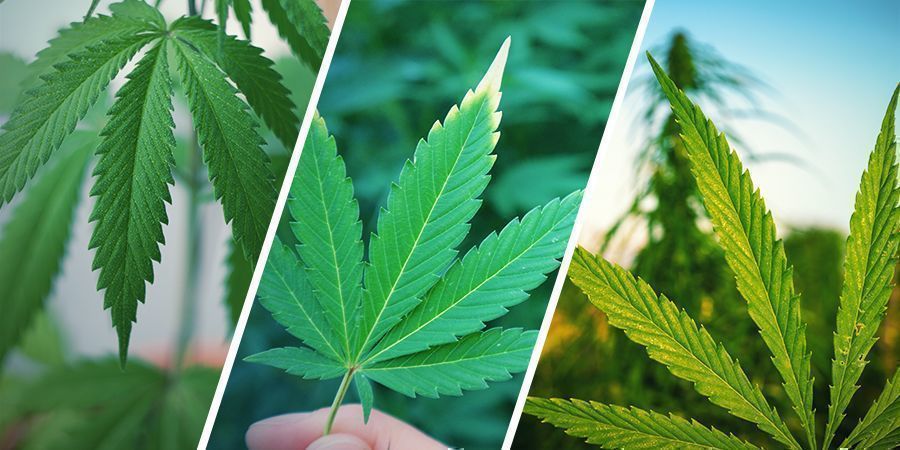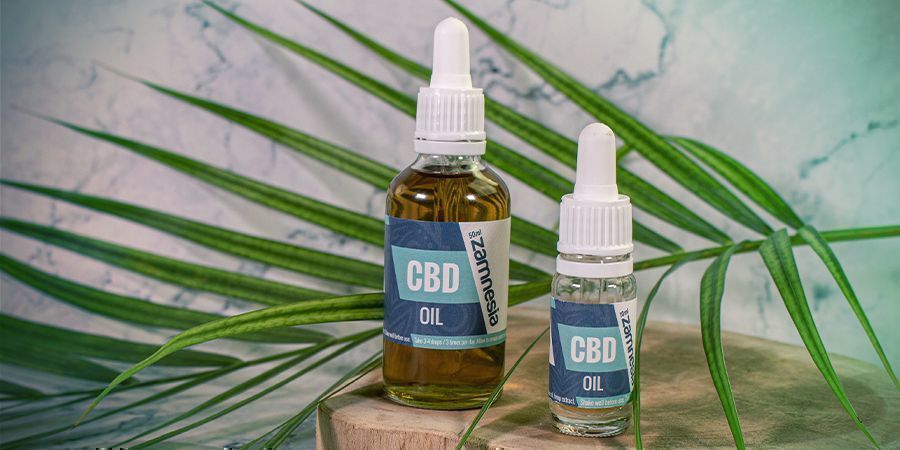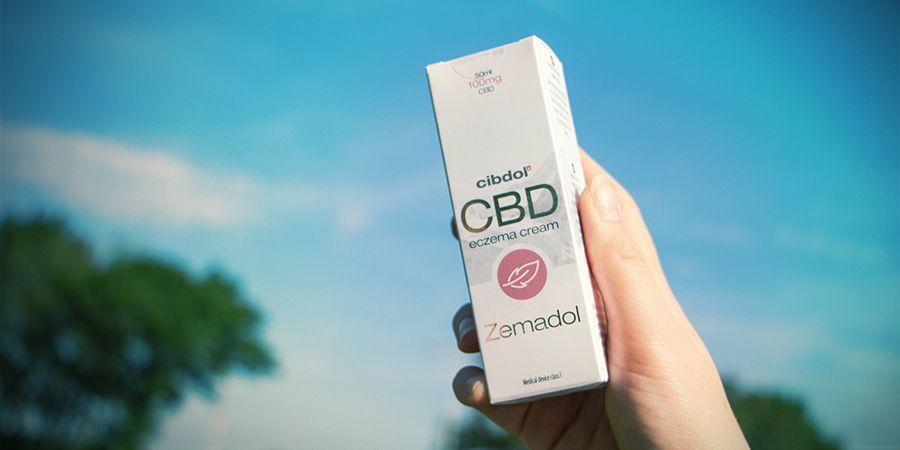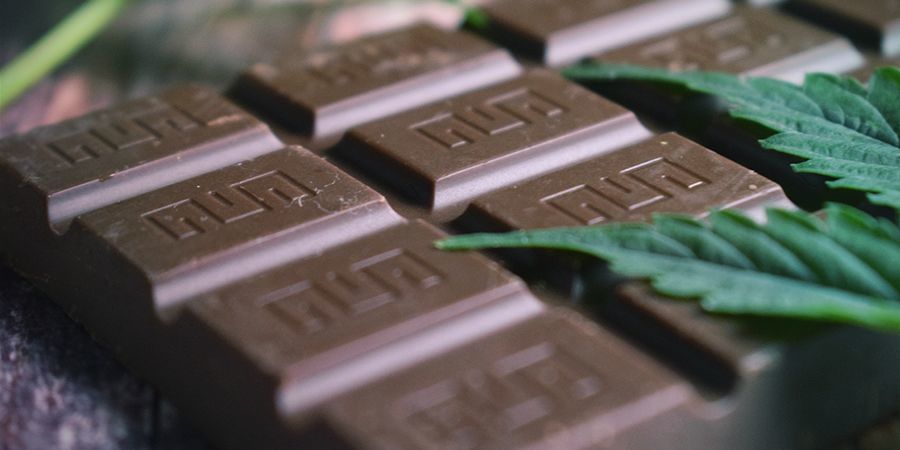
Top 10 Popular Uses For Hemp
In a world where we have become used to disposable, synthetic, and environmentally damaging products and processes, could hemp be the secret weapon in this fight against the "plastics age"? A practical and renewable resource, there are so many uses for this plant. Read on to find out our top 10.
Often referred to as “God’s gift to mankind”, hemp is a sustainable and renewable resource that has many practical everyday uses. At the same time, hemp has yet to become fully integrated into modern-day society, largely due to decades-old stigma and misinformation. In turn, this has led to hemp being underutilised, despite its versatility. Let’s take a look at just what you can do with this revolutionary plant.
What’s the Difference Between Hemp, Cannabis, and Marijuana?
Hemp, cannabis, and marijuana all stem from the Cannabis genus, but they have different connotations. Contrary to popular belief, hemp did not arise as a distinct subspecies like C. indica, C. sativa, or C. ruderalis. Instead, it is a selectively bred type of cannabis mainly cultivated for its seeds and fibre.
Given these applications, plants must contain consistently negligible levels of the psychotropic cannabinoid THC to be classified as industrial hemp. This criteria regarding THC is the chief legal distinction between hemp and other types of cannabis.
Marijuana, simply enough, describes the type of cannabis that gets you high. These days, the term marijuana is rarely used to describe cannabis plants, but instead refers to the final product (the buds). The term cannabis is perhaps the most versatile, describing both the plant itself and all manifestations of its constituents.
Top 10 Modern Uses for Hemp
Prohibition—which was, and still is, engineered by corporate and political interests—caused non-psychoactive hemp to be shunned for years as a resource. Only now, as renewable and sustainable resources are desperately needed, has hemp returned to claim its rightful place as a major industrial crop.
Here are 10 of hemp’s most interesting and significant applications. Maybe you’ll be able to replace some of your synthetic products with hemp alternatives!
1. Clothing and Textiles
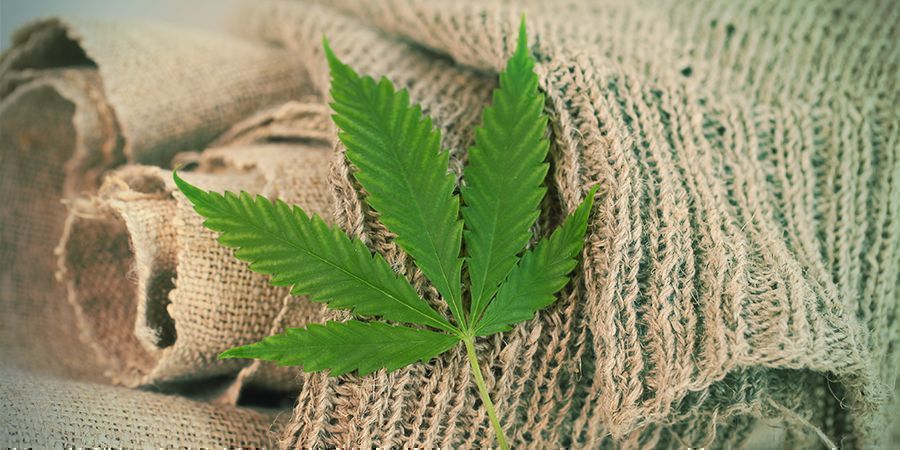
For thousands of years, hemp fibres have been used in the creation of clothing and textiles. Everything from ship sails and rope to soft, comfortable garments can be woven from hemp’s robust fibres. The use of hemp in the clothing industry is not new; it only fell out of mainstream fashion due to pressure from the cotton and synthetic fibre industries.
Hemp does not require as much water to cultivate as cotton, and it is also very quick to grow. The end result is a durable material that can help reduce cotton production’s hugely destructive impact on the environment. Despite a higher average price point, hemp clothes are often far superior in quality and should last longer.
2. Paper
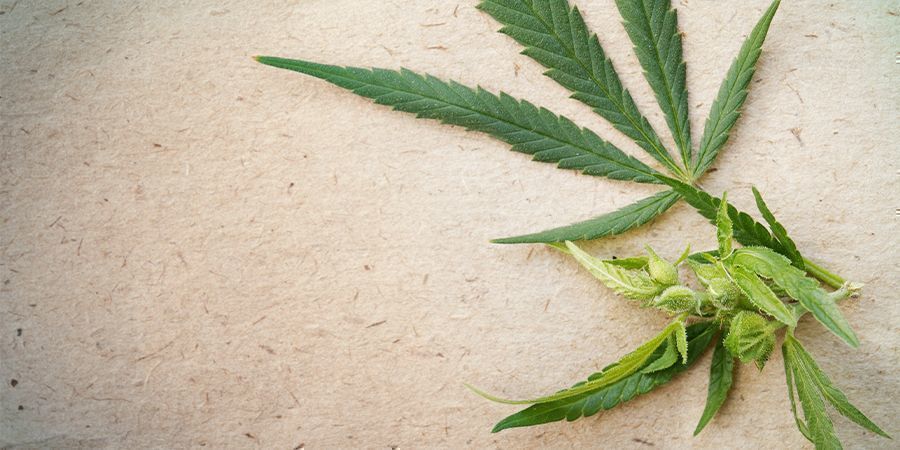
As a viable alternative to wood-based paper, it is thought that until 1883, up to 90% of the world’s paper was made of hemp! Because of prohibition, we do not see as much hemp paper in today’s society. Some even believe that because of hemp’s threat to larger industries, many business titans like the DuPont chemical company and Gulf Oil lobbied to have the use of hemp restricted.
Overall, hemp paper is a lot stronger than wood-based paper and stands the test of time. There have even been cases of 1,500-year-old hemp paper being found intact. Adding to its usefulness, hemp paper can be recycled many times over compared to the wood-based alternative. Because of its natural durability, hemp paper is often used to create rolling papers at companies like RAW. What better way to enjoy your natural herb than with 100% natural papers?
3. Plastic
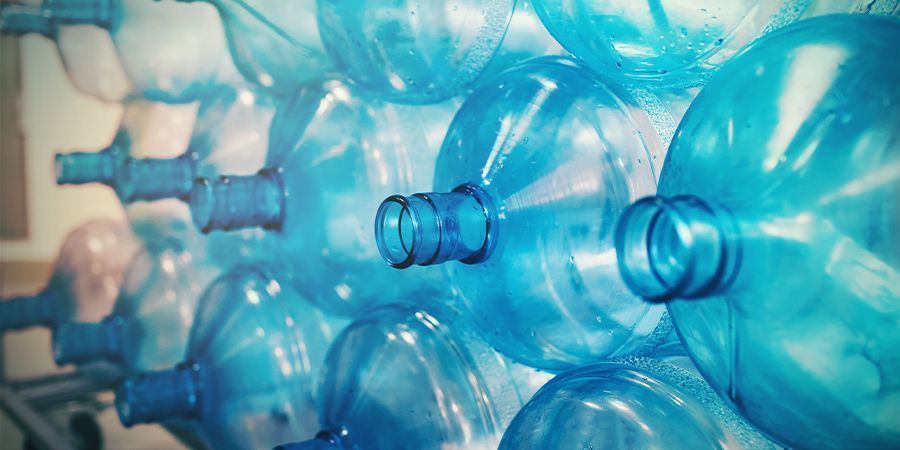
It should come as no surprise that hemp as a substitute for plastic would appear on our list. As one of the most common materials in everyday items today, plastic is extremely damaging to our environment, chiefly because it is not biodegradable. Hemp, however, is 100% biodegradable.
There are alternative plastic materials already on the market, many of which are made from plant cellulose, a critical component available in abundance in hemp. Plastic made from hemp is both stronger and more environmentally friendly than plastics made from petrochemicals.
Henry Ford, the famous carmaker and founder of Ford Motor Company, was documented making a car out of hemp plastic. It was found to be ten times stronger than its steel counterpart, as well as being safer and cheaper to produce. In Ford’s words, a car “grown from our own soil”.
4. Construction

Hemp has the potential to revolutionise the building industry and make for much greener housing production. Builders can utilise all significant components of hemp (oils and fibres) to recreate the characteristics of woods, concrete, plastics, bricks, insulation, and even panelling.
A popular and game-changing building product is “hempcrete”, a concrete formula made of hemp. Hempcrete is perfect for the construction of walls and foundations as it is seven times stronger, weighs half as much, and is three times more pliable than traditional concrete. Hempcrete has proven itself to be a worthy construction material that is environmentally friendly, easy to work with, but expensive at present.
5. Wellness
While this is a subject that is continually undergoing scientific research, there are numerous benefits one can experience when using hemp as a natural care product. Both hemp oil and CBD oil can be used daily to boost diet and support overall wellness and internal balance.
Nowadays, it is not uncommon to see hemp or CBD products in your local supermarket or health store. This is due in part to CBD’s recent surge in popularity. Indeed, CBD oil is one of the most popular products in question. While the quality and concentration of each product varies, they all harness the influence of non-psychoactive, hemp-derived CBD.
Hemp oil (aka hemp seed oil), on the other hand, contains no cannabinoids, but it's highly nutritious and can be used in skin care and cooking. It can also be used as a carrier in CBD oil to fully exploit the benefits of the hemp plant. There is no doubt that the popularity of CBD oil is at an all-time high.
6. Cosmetics and Skin Care
Hemp is full of natural nutrients, oils, and minerals that are beneficial to the skin and hair. This has resulted in hemp’s frequent inclusion in all manner of cosmetics and skin products. Even in countries that have outlawed hemp cultivation, the cosmetic industry has still been able to capitalise on the plant’s beneficial phytochemicals.
Some popular hemp-derived skin care and cosmetic products include:
- Anti-ageing creams
- Skin cleansers
- Shaving products
- Sunblock
- Make-up
- Hair care products
7. Fuel

With the use of fossil fuels dwindling and the rise of more environmentally friendly solutions, it should come as no surprise that hemp is being harnessed as a substitute for traditional fuels. One specific use is biodiesel, a fuel that works immediately in conventional diesel engines.
So, why hasn’t this completely renewable and sustainable resource become the go-to fuel in modern-day society? That would be down to big oil companies and their attempts to suppress the market and make their fuel the “only” option.
There are so many positives to using hemp fuel:
- Self-reliance—hemp can be grown anywhere and is sustainable.
- You can make it at home—although a complex process, it is entirely possible to make biodiesel at home.
- No shortages—as a true renewable source, there will never be a shortage of hemp.
- Non-toxic—processing fossil fuels is damaging; this is not an issue with hemp.
- Biodegradable—biodiesel is biodegradable, reducing environmental impact.
8. Agriculture (Bioremediation)
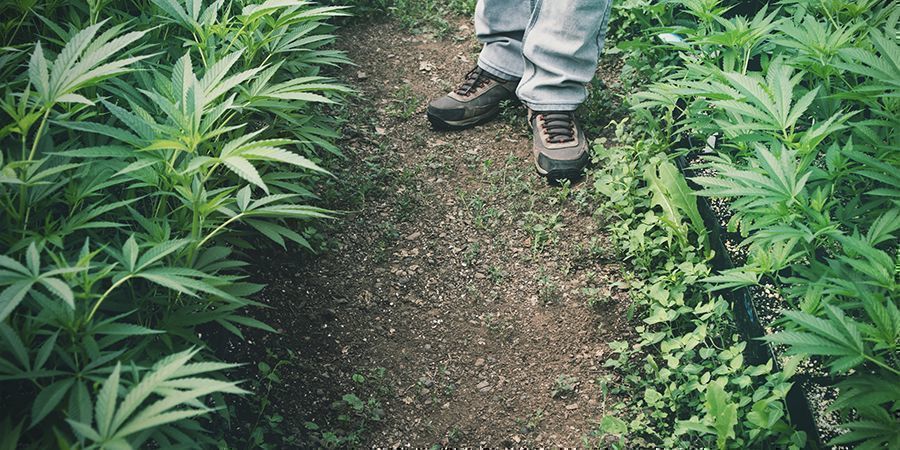
As well as being environmentally friendly to produce, hemp also has a use in restoring damaged environments. As a resilient and robust plant, hemp can be planted in areas that other plants won’t take to and essentially “clean” the surrounding soil. This is a process called phytoremediation. Hemp’s removal and absorption of contaminants in the ground then allows other plants to flourish where they were once not able to.
This is an area that continues to see a lot of scientific research. The potential of bioremediation for the environment is enormous and cannot be understated. As the demand for crops continually increases, the areas where these crops are grown must be maintained.
9. Food and Drink
Hemp has a long and well-documented history as a source of sustenance. Fine-tuning over centuries has led to some exciting products and developments.
Hemp seeds are highly nutritious and loaded with just the right amount of fatty acids, amino acids, protein, and much more! In fact, hemp seeds are so good for you that they’re often classified as a superfood! Many health professionals and personal trainers believe hemp protein supplements to be far superior to the traditional powders available.
For the average person just wanting a flavourful hemp snack or drink, there are many products available. In terms of drinks, you can find refreshing hemp juices and smoothies, and hemp tea for a nice warm treat. However, if you are searching for something to satisfy that sweet tooth, Hemp Crunch Chocolate is where it’s at! A tasty blend of coffee-flavoured milk chocolate, cornflakes, and a hearty amount of roasted hemp seeds results in a flavourful snack that will become a favourite after just one bite!
10. Animal Feed
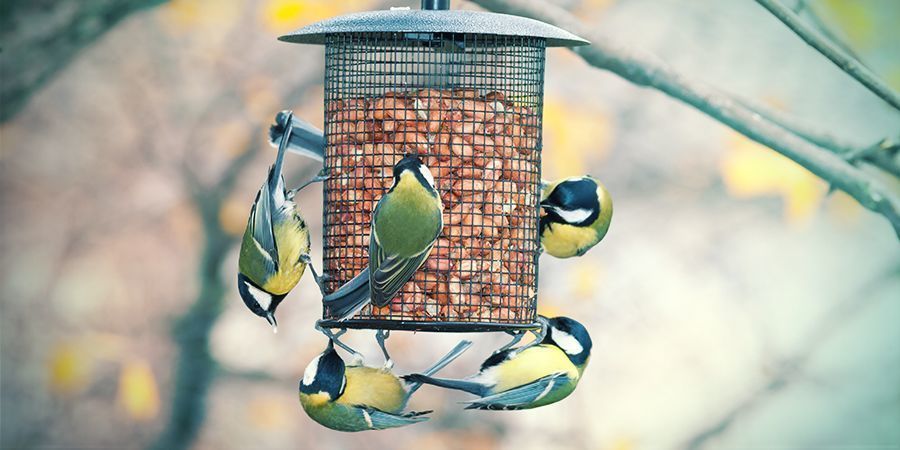
As we’ve covered how nutritious and beneficial hemp food and drink can be for humans, it’s only natural (no pun intended!) that it would be used for animal feed too.
It is common to see hemp seeds in wild bird seed mixes, as they offer a rich form of energy. It is well-documented that birds with hemp seed added to their diet live up to 10–20% longer, have more offspring, and can even fly longer due to improvements in their feathers.
For livestock and other animals that require much more complex diets, there’s hemp seed cake. This is a byproduct of pressing hemp seeds, making for a highly nutritious and practical animal feed solution. Hemp seed cake satisfies the complete dietary needs of most animals, domesticated and non-domesticated alike. Compared to more traditional animal feed, hemp certainly holds its own as an effective replacement.
Hemp is Hip: a Plant With a Million Uses
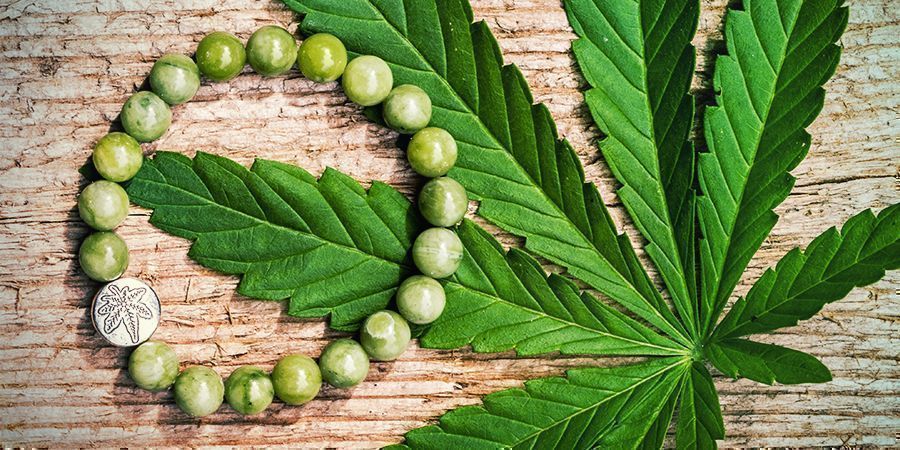
As you can no doubt tell, we’ve only begun to scratch the surface of what hemp is capable of. For a plant that has been used for centuries, we are still discovering new and exciting ways to harness hemp. Some other uses include:
- Animal bedding
- Cordage
- Jewellery
- Energy storage
- Furniture
The list of possibilities is endless. Over time, we will surely see a steady introduction of new hemp-based products without the stigma that has long been associated with this wonder plant.
- (n.d.). - https://www.researchgate.net
-
 5 min
26 October 2020
What's The Difference Between Cannabis And Hemp
Hemp and cannabis are commonly confused. Although they have a plethora of different uses that have the potential to change the medical and industrial worlds, these plants share the exact same roots.
5 min
26 October 2020
What's The Difference Between Cannabis And Hemp
Hemp and cannabis are commonly confused. Although they have a plethora of different uses that have the potential to change the medical and industrial worlds, these plants share the exact same roots.
-
 3 min
28 January 2020
Which Is A Better Carrier For CBD, Hemp Seed Oil Or Olive Oil?
CBD oils are created using an array of different carrier oils—so which is better, hemp seed oil or olive oil? What about other carrier oils?
3 min
28 January 2020
Which Is A Better Carrier For CBD, Hemp Seed Oil Or Olive Oil?
CBD oils are created using an array of different carrier oils—so which is better, hemp seed oil or olive oil? What about other carrier oils?
-
 3 min
6 November 2019
Hokkaido Hemp: A Rare Japanese Landrace
The northern island of Hokkaido, Japan might seem like an unlikely place for a cannabis landrace to spring up, but that's precisely where Hokkaido hemp is flourishing.
3 min
6 November 2019
Hokkaido Hemp: A Rare Japanese Landrace
The northern island of Hokkaido, Japan might seem like an unlikely place for a cannabis landrace to spring up, but that's precisely where Hokkaido hemp is flourishing.





 United States
United States

